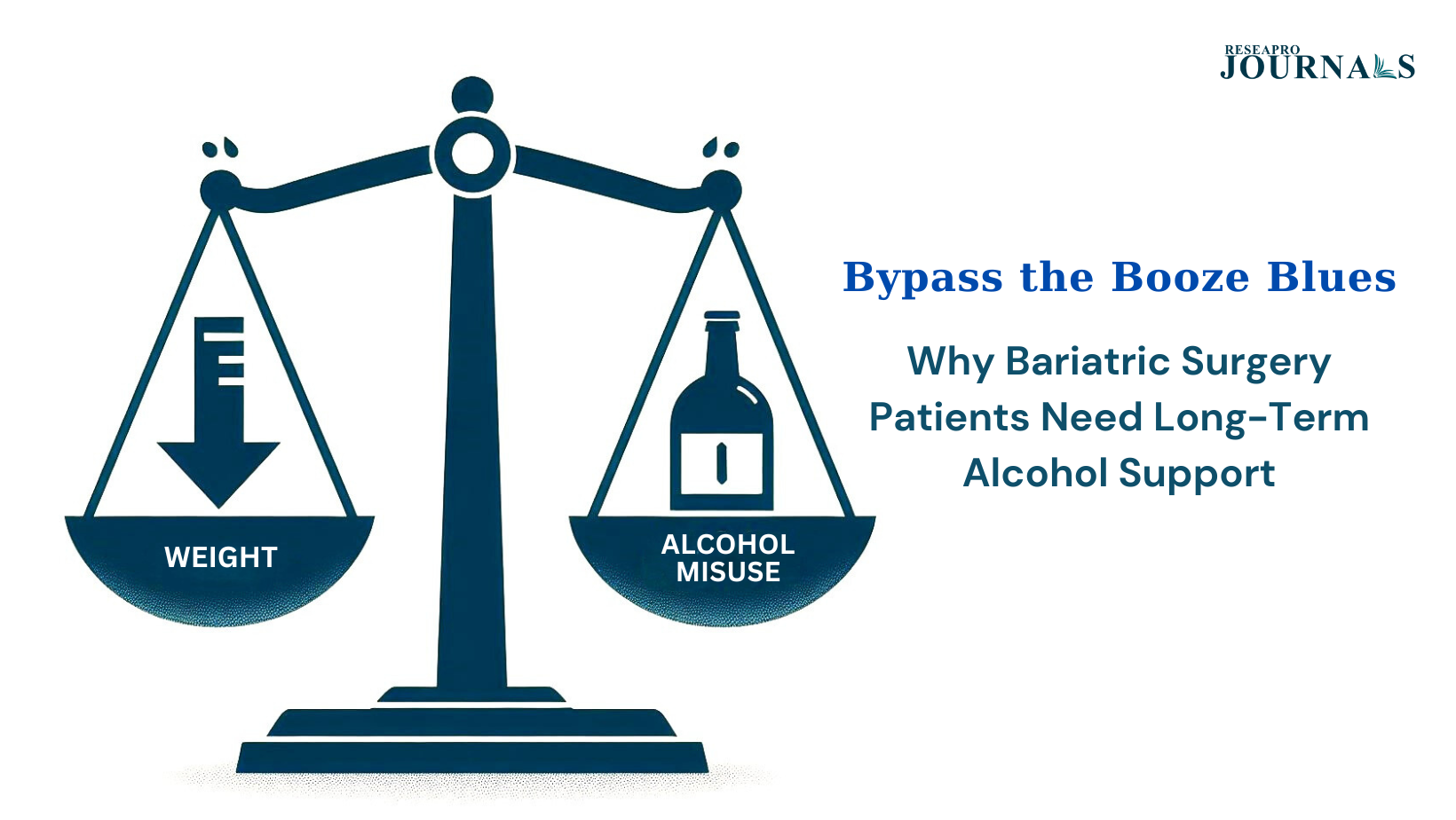|
Getting your Trinity Audio player ready...
|
Did you know that bariatric surgery, while effective for weight loss, can lead to increased alcohol misuse in the long term? A recent study found that nearly half of patients who experience behavioral health emergencies after surgery have alcohol-related issues. This often happens years after the initial surgery, catching patients and their support systems by surprise.
Why the risk?
• Changes in gut hormones and brain chemistry can make alcohol more appealing.
• Emotional challenges like depression or anxiety can be masked by weight loss, leading to self-medication with alcohol.
• Social pressure to celebrate with alcohol can be hard to resist.
What can we do?
• Preoperative education: Bariatric surgery teams should include information about the risks of alcohol misuse in their pre-surgery consultations.
• Ongoing support: Psychologists and therapists should be part of the long-term care plan for bariatric surgery patients, providing support and coping mechanisms for managing stress and emotions without alcohol.
• Open communication: Patients and their families need to be open about any struggles with alcohol and seek help early if needed.




